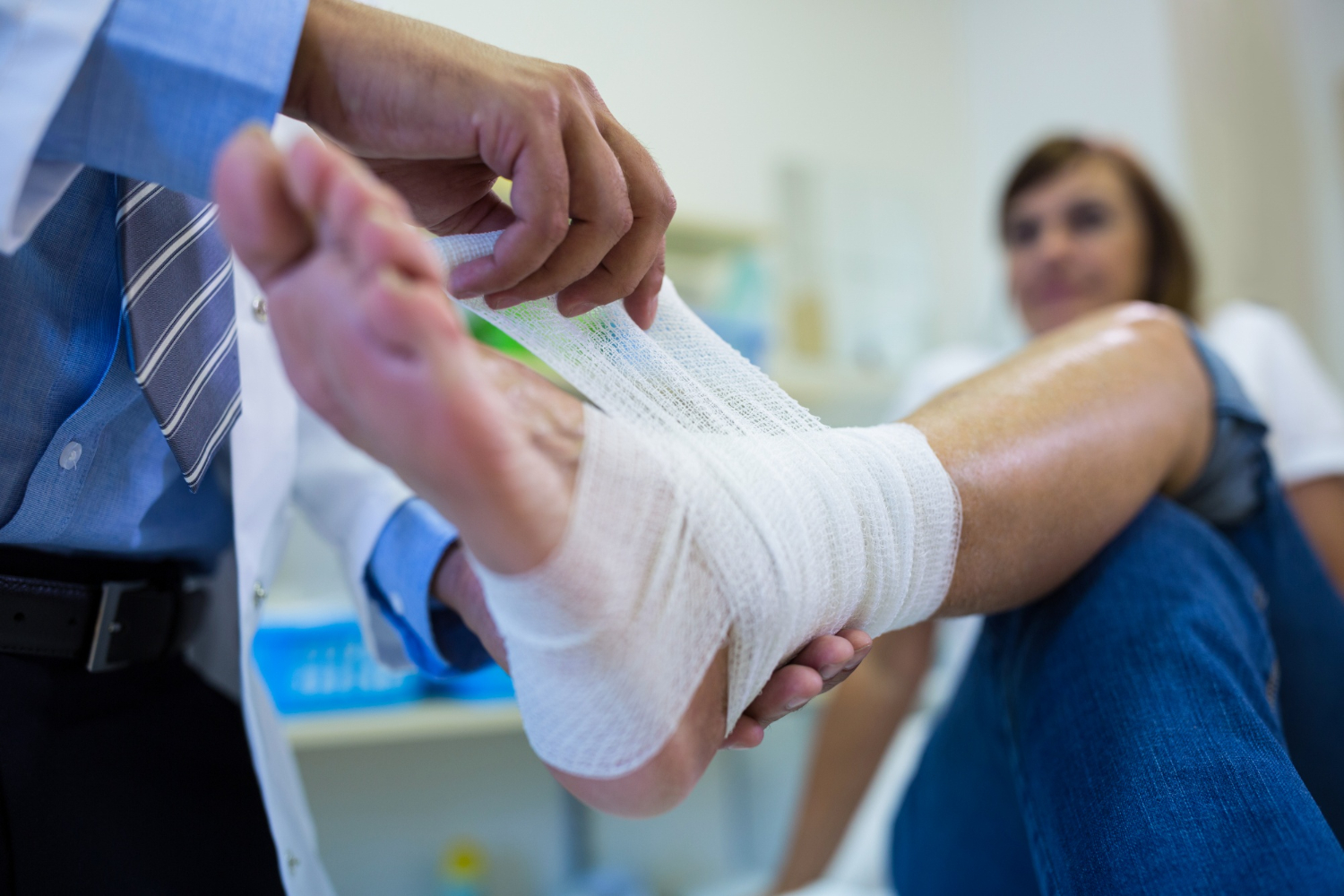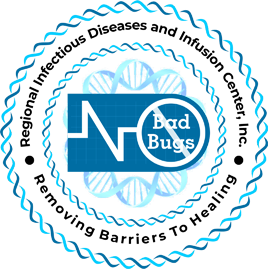
Wound Care Specialists GA: Understanding the Different Types of Wounds
Wounds, by their very nature, come in a plethora of shapes, sizes, and severities. While the layman might categorize wounds simply as “cuts” or “burns”, healthcare professionals, especially wound care specialists in GA, recognize the immense variety and the unique treatments each requires. We will delve into the different types of wounds, their unique challenges, and the specialized treatments offered at the Regional Infectious Diseases And Infusion Center, Inc. (RID-IC).
In this intricate world of wounds, having a trustworthy partner for comprehensive care is invaluable. At RID-IC, we stand as a beacon for top-notch infectious disease diagnostics and advanced wound care. With our team of Wound Care Specialists, patients are not just receiving treatment, they experience a holistic approach that recognizes each individual’s unique needs. Our expertise ensures you’re always in good hands, receiving the best care tailored specifically for you.
Diabetic Foot Ulcers: According to research studies, foot ulcers are a major concern among diabetics, affecting approximately 15% of patients diagnosed with diabetes. Due to diabetes’ weakened healing effects, diabetic ulcers heal much slower and can become particularly bothersome. Therefore wound care specialists in GA must select appropriate materials in order to provide effective wound treatment plans and services for these ulcers.
Venous Leg Ulcers: Chronic wounds that result from poor circulation often appear on the lower legs. Treating these injuries may prove challenging. To ensure successful outcomes it’s key that we understand their root cause in order to develop appropriate therapies.
Pressure Ulcers: Bedsores or pressure ulcers result from long periods of pressure being applied to one area of the body, typically as bedridden patients or those with limited mobility. Prevention is key, but should they occur, prompt and effective treatment must occur swiftly to minimize damage.
Burns: Burns can be broken down based on the severity of skin and tissue damage. From first-degree burns affecting only the outer layers to fourth-degree ones that damage bones, muscles, tendons, or any combination. Treatments range from topical treatments for minor burns all the way through surgical interventions for more serious ones.
Traumatic Wounds: Accidental wounds often include cuts, lacerations, and puncture injuries that necessitate stitches, staples, or surgical intervention to treat. Depending on their nature and location, treatments for wounds could include staples or stitches as needed for appropriate healing.
Surgical Wounds: Postoperative wounds require special attention in order to prevent infection and expedite healing, and early evaluation and management are key in order to avoid complications.
At its core, treating any wound involves taking an integrated approach. In addition to initial care, nutrition, and overall health play an important role in healing. Each person responds differently, so what works for one may not do so effectively for another individual.
Wounds, while common, are far from simple. Their complexities necessitate a detailed understanding and a specialized approach to care. With advances in medical science, as well as the dedication of wound care professionals like those at RID-IC, patients can rest assured that their care is in good hands. If you or a loved one is dealing with a wound, seek a specialist’s advice for the best course of action.
Navigating the intricacies of wound care can feel overwhelming, but with RID-IC, you have a dedicated ally on your healing journey. At RID-IC, we combine deep knowledge of infectious diseases with pioneering wound care solutions. We aim to provide more than just treatments, we offer a beacon of hope and assurance in the healing process. With our array of services, from direct patient care to clinical research, we’re here to guide and support you every step of the way. Choose RID-IC for care, and experience the unmatched expertise and dedication we bring to every patient.
